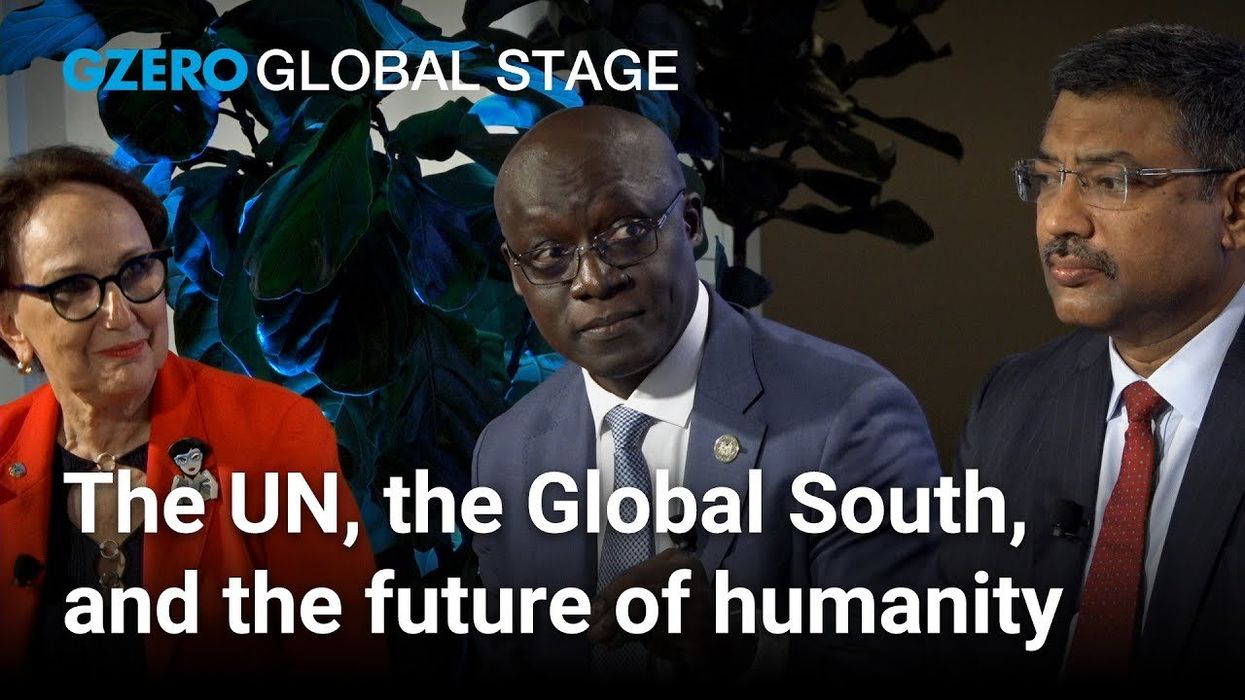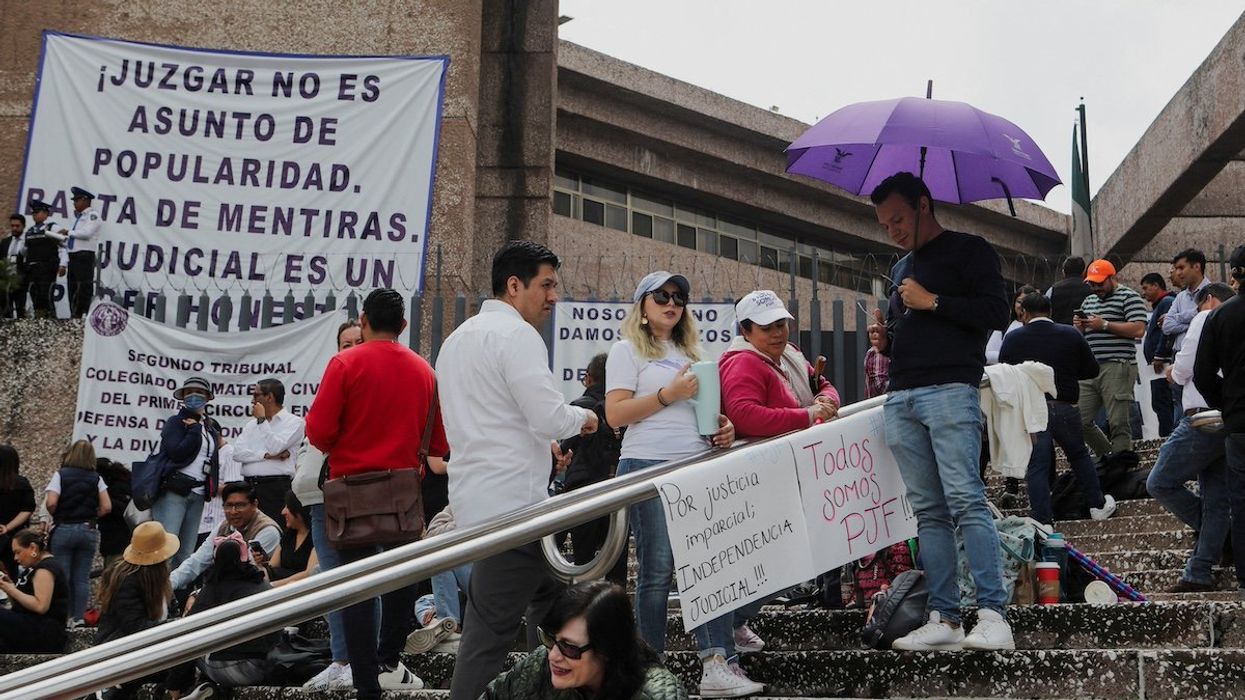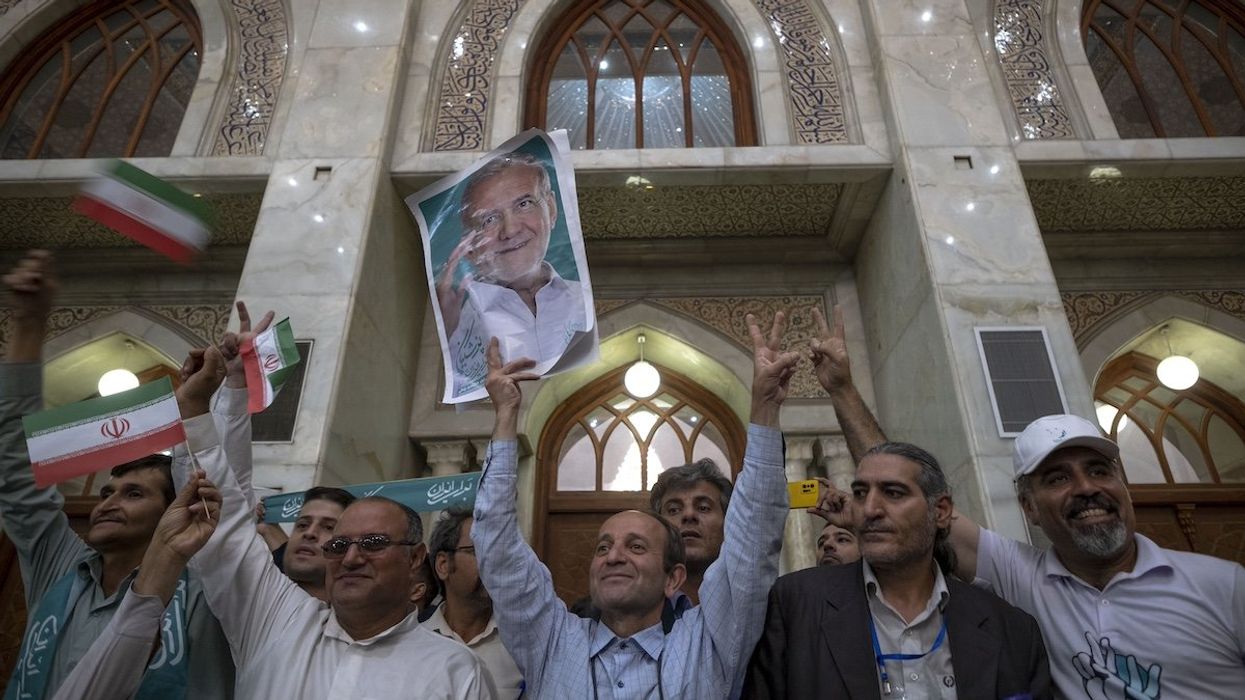UN General Assembly
The UN at 80: Reform, multilateralism & the Global South’s voice
"It’s the only space right now that the Global South has for multilateralism," says Ambassador Philip Thigo, special envoy on technology for the Republic of Kenya.
Sep 26, 2025



